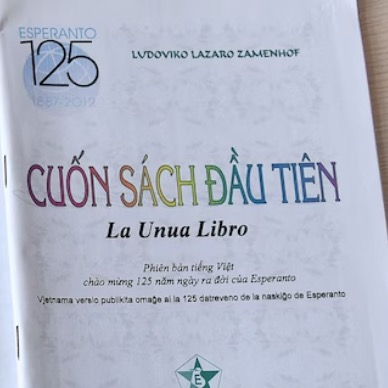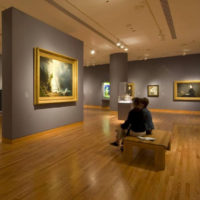Good morning: Even in the time of Big Data, you might be surprised to hear how difficult it can be to get good statistical data on the arts. Like how many tickets were bought to symphony orchestra concerts last year. Or how are the music or theatre or museum sectors doing as businesses. Journalists have difficulty getting accurate recent statistical information they can use for comparisons. The Dance Data Project seeks to remedy that for dance. Over the past half-dozen years the DDP has been working on building and collecting data on what the dance field looks like. The brainchild of Elizabeth Yntema, the DDP now gives us a clearer idea of what the dance field looks like — and its reports get better every year as more comparisons are made. This week, the DDP is out with a statistical survey of large dance companies and chronicles the rebound in budgets and revenues from 2021 (Covid) and fiscal year 2022. It’s a daunting project, and a service to the field.
Here are the rest of today’s highlights:
- Federal Data on Reading for Pleasure Shows a Worrisome Decline
Recent data from the NEA’s 2022 Survey of Public Participation in the Arts reveals a troubling trend: fewer Americans are reading for pleasure, with rates of fiction reading falling significantly over the last decade. Read more on ArtsJournal. - Pianist Sues Melbourne Symphony Over Gaza Stance
A pianist has filed a lawsuit against the Melbourne Symphony Orchestra, claiming his performance was canceled due to his public views on the Gaza conflict. This case underscores the growing tension between artistic expression and political controversies within cultural institutions. Read more on The Guardian. - Keeping Traditional Sudanese Music Alive Among Refugees
Amid Sudan’s civil war, a group of refugees in Cairo is working to preserve traditional Sudanese music, dance, and poetry. The troupe, called Camirata, strives to maintain cultural heritage in the face of displacement and upheaval. Read more on AP News. - The Problem with Using AI to Determine Shakespeare’s Authorship
A scholarly debate has emerged over the use of AI to analyze Shakespeare’s works, with critics arguing that relying on algorithms to pinpoint authorship oversimplifies the complexities of literary analysis. This story raises important questions about the role of technology in the humanities. Read more on MSN. - Hobart Symphony Orchestra Fights Stadium Construction Plans
The Tasmanian Symphony Orchestra is pushing back against plans to build a 23,000-seat stadium just 130 feet from their concert hall. The orchestra fears that noise from the stadium will disrupt performances and negatively impact the cultural environment in Hobart. Read more on The Guardian.
As usual skip down to see the rest of the stories we have collected for you. See you tomorrow.
Doug





